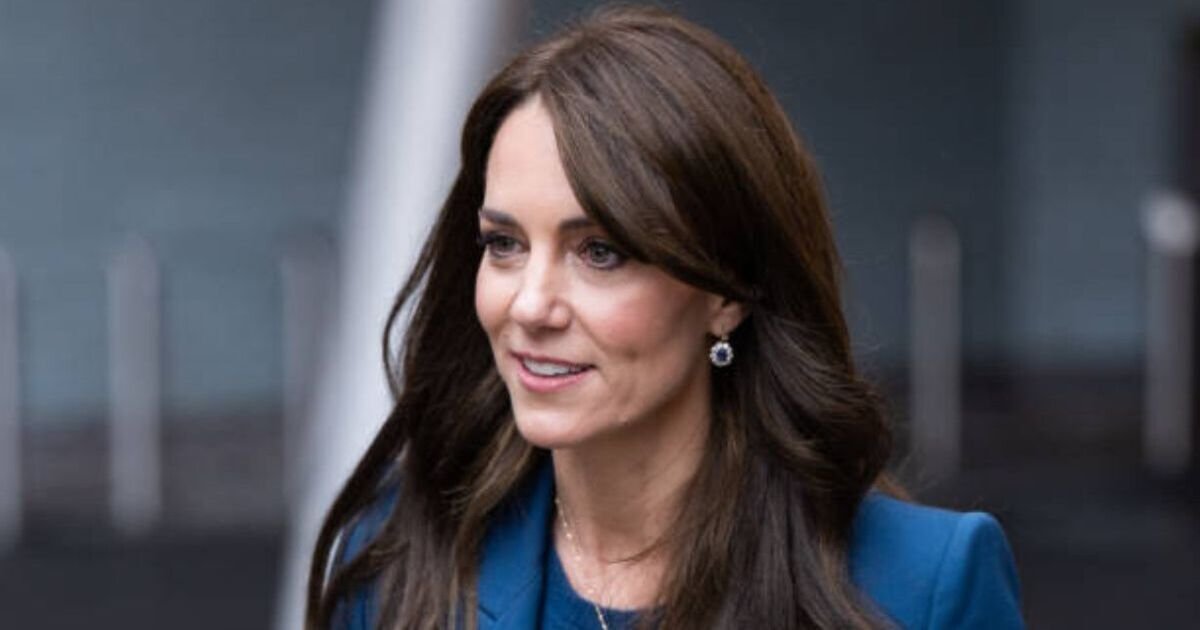In recent weeks, the media landscape has been awash with speculation concerning Princess Kate’s noticeable absence from a number of public events. This flurry of conjecture and rumor-mongering was abruptly halted by a revelation that casts previous discussions in an entirely different light: Princess Kate has been undergoing treatment for cancer, a deeply personal battle she wished to keep private until she could discuss her situation with her family over the Easter break.
This development serves as a stark reminder of the often-overlooked humanity of public figures and the ethical responsibilities borne by those who cover them. The initial response from various media outlets—ranging from insinuations about marital discord to unfounded assumptions about disinterest in royal duties—reflects a broader issue within contemporary journalism: an eagerness to prioritize sensationalism over sensitivity, speculation over substantiation.
The subsequent apologies issued by several publications and commentators are both necessary and welcome, yet they also invite us to engage in deeper reflection on the nature of our engagement with those in the public eye. It prompts us to question not only how we talk about individuals like Princess Kate but why we feel entitled to dissect their lives under such an unforgiving microscope in the first place.
At its core, this incident underscores a tension between two competing impulses within modern society: our voyeuristic fascination with celebrity culture and our simultaneous demand for authenticity and respect for privacy. This dichotomy is particularly pronounced when it comes to members of the royal family, who occupy a unique position at the intersection of public duty and personal sovereignty.
Moreover, this episode highlights a critical challenge facing journalism today: navigating the fine line between informing the public and indulging in invasive gossip masquerading as news. In their rush to fill column inches and generate clicks, some journalists lost sight of one of their most fundamental duties—to treat their subjects with dignity and empathy.
As observers, participants, or critics within this media ecosystem, we must all reckon with these issues. We need to cultivate an environment where rigorous debate can flourish without descending into triviality or cruelty—a space where individuals like Princess Kate can be discussed not merely as subjects of curiosity but as people deserving of compassion.
In moving forward from this moment, let us take it as an opportunity for introspection about what we value in our discourse about public figures. Let us strive towards a more thoughtful consumption and production of news—one that recognizes both our hunger for information and our obligation towards kindness. Only then can we hope to foster a media landscape capable not just of capturing attention but also nurturing understanding.

Leave a Reply